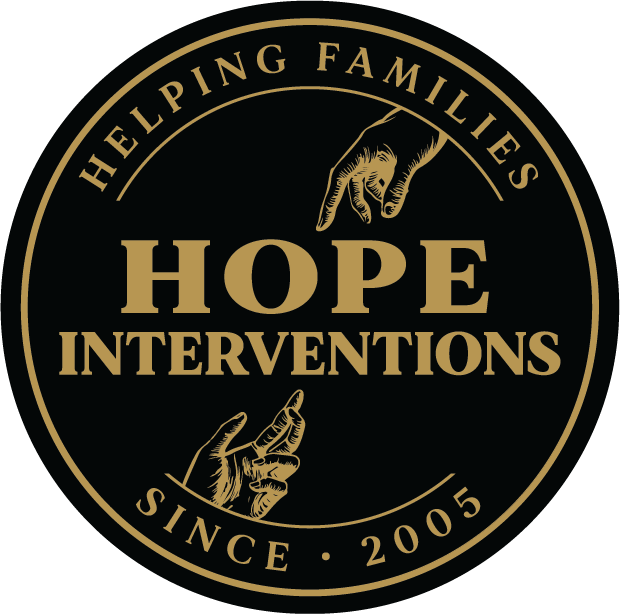How to Prepare for an Addiction Intervention
Preparing for an intervention is a critical step in helping a loved one recognize their addiction and seek treatment. Interventions can be emotionally charged and complex, but with careful planning and support, they can be a turning point for someone struggling with addiction. Here’s a detailed guide on how to prepare for an intervention.
Understand the Need for an Intervention
Before planning an intervention, it’s crucial to understand why it is necessary. Here are some indicators that an intervention might be needed:
Escalating substance abuse: Increased frequency or quantity of drug or alcohol use.
Neglect of responsibilities: Failing to meet obligations at work, school, or home.
Health issues: Physical or mental health problems related to substance use.
Behavioral changes: Erratic behavior, mood swings, and withdrawal from social activities.
Gather a Support Team
Assemble a group of close family members, friends, and possibly colleagues who care about the person. The team should:
Be committed: Members should be dedicated to helping the individual.
Stay calm: Choose people who can remain calm and supportive during the intervention.
Include professionals: Consider involving a professional interventionist for guidance.
Educate Yourself About Addiction
Understanding addiction is crucial for an effective intervention. Here’s how you can educate yourself:
Read books and articles on addiction and recovery.
Consult professionals such as therapists or addiction counselors.
Attend support groups for families dealing with addiction.
Develop a Detailed Plan
A well-structured plan is essential for a successful intervention. Here are key components:
Choose a location: Select a neutral, private place where the person will feel safe.
Set a date and time: Pick a time when the person is likely to be sober and receptive.
Outline key points: Each participant should prepare what they will say, focusing on specific instances of how the addiction has affected them and expressing concern and love.
Prepare Statements and Rehearse
Each member of the intervention team should write down and rehearse their statements. Here’s how to do it effectively:
Be specific: Use clear examples of the person’s behavior and its impact.
Express feelings: Share personal feelings without blaming or shaming.
Stay focused: Keep statements concise and to the point.
Rehearse together: Practice as a group to ensure a smooth and unified approach.
Plan for Treatment Options
Research and prepare information on treatment options before the intervention. This should include:
Rehabilitation centers: Identify suitable inpatient or outpatient programs.
Therapists and counselors: Find professionals specializing in addiction treatment.
Support groups: Provide information on local or online support groups like AA or NA.
Prepare for Reactions
Understand that your loved one may react with anger, denial, or distress. Here’s how to manage reactions:
Stay calm: Remain composed and supportive, even if the reaction is negative.
Be empathetic: Show understanding and compassion, acknowledging their feelings.
Stick to the plan: Keep the focus on your concern and the need for treatment.
Set Boundaries and Consequences
Clearly outline the boundaries and consequences if your loved one refuses treatment. This might include:
Withdrawal of financial support: Ceasing to provide money that may be used for substances.
Limited contact: Reducing interaction until they agree to seek help.
Legal actions: If applicable, take legal steps to protect them and others.
Seek Professional Guidance
Consider involving a professional interventionist who can:
Guide the process: Provide expert advice and structure to the intervention.
Mediate: Help manage emotions and keep the discussion on track.
Offer support: Assist in connecting your loved one with appropriate treatment options.
Conclusion
Preparing for an intervention requires careful planning, education, and emotional readiness. By understanding the need, gathering a supportive team, developing a detailed plan, and preparing for various outcomes, you can increase the chances of a successful intervention.


